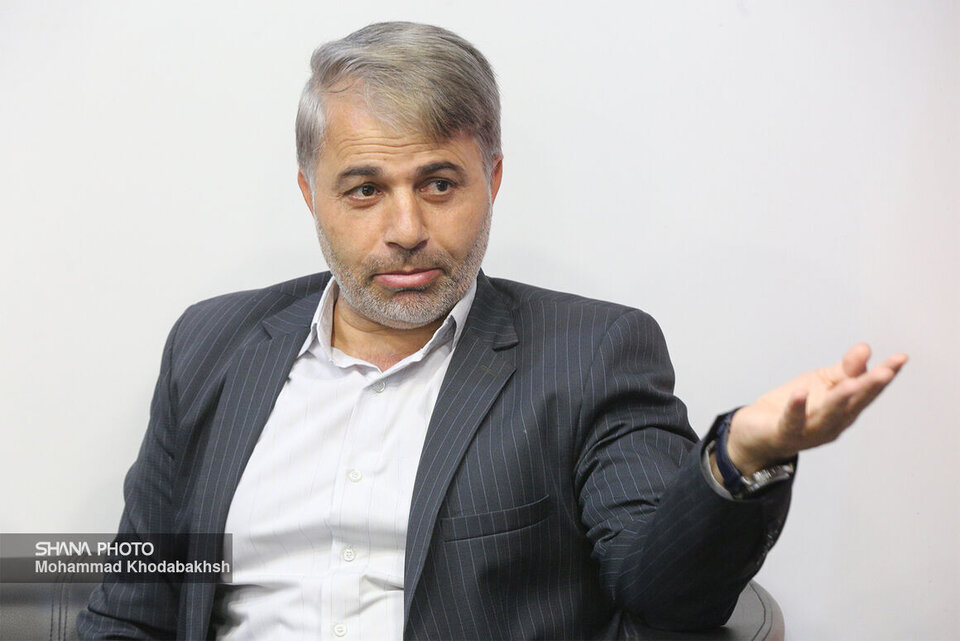“To resolve the energy imbalance, serious commitment must come first, and decisions should be made based on technical expertise rather than politics,” said Abdolali Rahimi Mozafari in an interview with Shana. “Fragmented operations by large energy producers and consumers outside the government prevent achieving effective results.”
Rahimi Mozafari said the failure of past energy efficiency and imbalance management policies stems largely from pricing policies and hidden subsidies. “If even one-tenth of the resources spent on production had been allocated to optimization, we would have achieved much better results,” he said.
He called for an end to what he described as a “wrong race” in which both energy production and consumption keep rising without accountability. He also urged the swift establishment of an Energy Optimization Organization, emphasizing that such a body must have operational independence to be effective.
Incomplete implementation of efficiency plans
The adviser cited technical and accountability issues related to energy losses and waste. “Unfortunately, no one takes responsibility, and neither the questions nor the answers are handled technically,” he said, adding that parliamentary inquiries or impeachments have yielded no tangible results.
He referred to the program for replacing old heaters with low-consumption models as an example of mismanagement. “A sound plan is proposed, but its execution is often misguided, incomplete, or lacks proper planning,” he said.
“These are just examples of why consumption management policies have failed to reduce the energy imbalance,” Rahimi Mozafari added. “We shouldn’t lose hope, but the current path is certainly not the right one, and it won’t lead to results.”
Beyond slogans: Accountability on energy imbalance
The head of the Parliamentary Affairs Assembly said that while technical slogans are often voiced about the energy imbalance, the actions taken are not truly expert-based. “Building megawatt-scale projects may offer short-term relief, but their long-term costs will exceed the benefits,” Rahimi Mozafari said. “They won’t significantly help address the imbalance and will only add to bureaucratic and technical challenges, for which the Energy Ministry will have to answer in the coming years.”
“We must move beyond slogans and take responsibility for addressing the energy imbalance,” he said.
Asked about successful international examples, Rahimi Mozafari pointed to Denmark, Japan, China, and Saudi Arabia. “Denmark reduced its energy intensity by 30% in a short time through effective investment in power generation,” he said. “Japan has achieved major success in improving energy efficiency across Asia, and both China and Saudi Arabia have made significant investments in optimization and reducing energy intensity.”
Rahimi Mozafari concluded that solving Iran’s energy imbalance requires a unified and expert approach. “We must first build determination to tackle the issue and act scientifically, not politically,” he said. “Some key entities operate outside government oversight as both major producers and consumers of energy. As long as these players act in isolation, we will never achieve balance.”


Your Comment